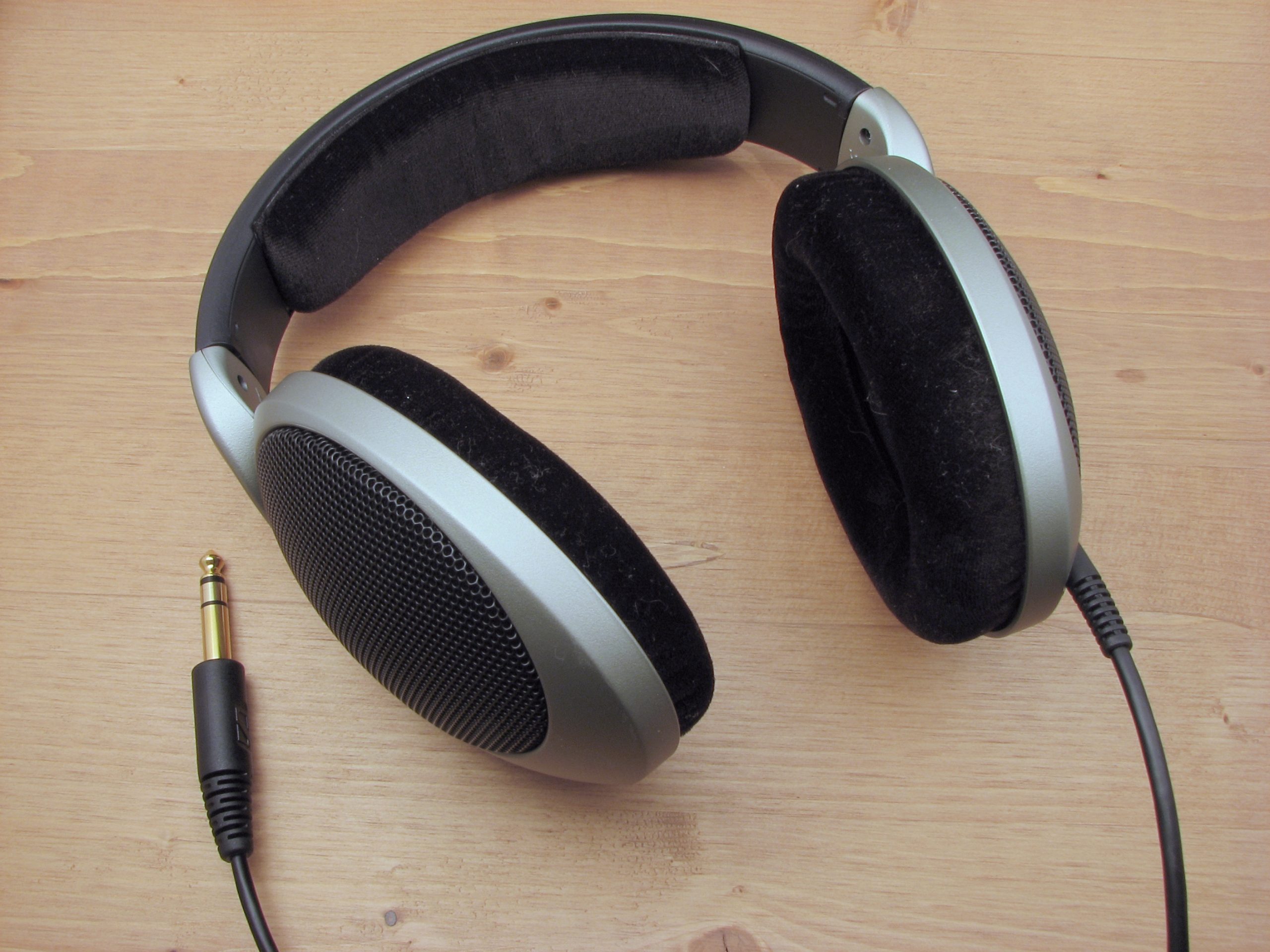If you’ve ever heard someone utter the words, “I don’t like music”, chances are they’ve attracted a speechless and possibly slightly disgusted reaction. Music has become an integral part of our lives, our preferences often playing a huge role in who we’re likely to interact with, what we’re likely to do as pastimes and even how we’re likely to dress.
Ever since Thomas Edison invented the phonograph in 1877 music has been available independently of the artist, and since then there has been an unfaltering demand for music on-demand. No longer is listening to music a rare experience – now it is something that can be repeated over and over again by anybody, with anyone, at any time.
Over the last century, we have seen music define the generations in Western culture; for many, the glamour of the Jazz Age defined the twenties, whilst in post-war Britain and America music was a huge part
of youth culture and the invention of the ‘teenager’.
Flash forward to today and music is absolutely everywhere. Anywhere you look people seem to be “plugged in”, whether it’s the person walking past you on the street or the group in the darkest corner of Hive with the questionably large pupils.
But is our exposure to music becoming too much? MIDiA Research recently released an article discussing the results of a consumer survey comparing the behaviour of paying subscribers and free streamers of music channels such as Spotify. Their research showed that subscribers were “fickle listeners” – 58% only listen to albums and tracks a few times and 60% do this more than they used to due to the tumult of music available to them, around double that of overall consumers. Such easy and unlimited access to music seems to be alienating subscribers from the Album and the Artist.
Moreover, with Spotify subscriptions starting at around £5 a month for students, is the music industry not literally being devalued – did we not appreciate music more when we had to save up for an album by our favourite artist and lug to HMV to get it?
“We are now living in the attention economy, where people make investments in artists with their time, not necessarily with cold hard cash,” explains Mark Mulligan, MIDiA founder. “Hence we see an increasing amount of competition for time—if you’re streaming an artist or album for free, it’s only one of a whole bunch of albums that are being pushed to you that same day or week. People inherently develop shallower relationships with artists in such an environment”. MIDiA’s study suggests that the way listeners are reacting to the sheer amount of music available to them may be causing a culture of indifference towards the artist, that the “artist – fan relationships are moving from long term liaison to short term flings”.
However this is not a universal attitude – the so-called ‘vinyl revolution’ is sweeping the nation. Discogs, an online CD and vinyl marketplace, reached sales of $43 million in its fifteenth year, while a study conducted in 2013 at the Pew Research Centre found that ninety two percent of the population were radio listeners, perhaps shocking figures in light of the proposed superiority of streaming.
Perhaps this is due to the fact that, despite providing an unparalleled supply of music, listeners still have to surf through it all to find something they actually like. What it does not provide is easy listening – sifting through an endless database of songs and playlists does get tiring, and that isn’t always what music-lovers are looking for.
Image: Adamantios

